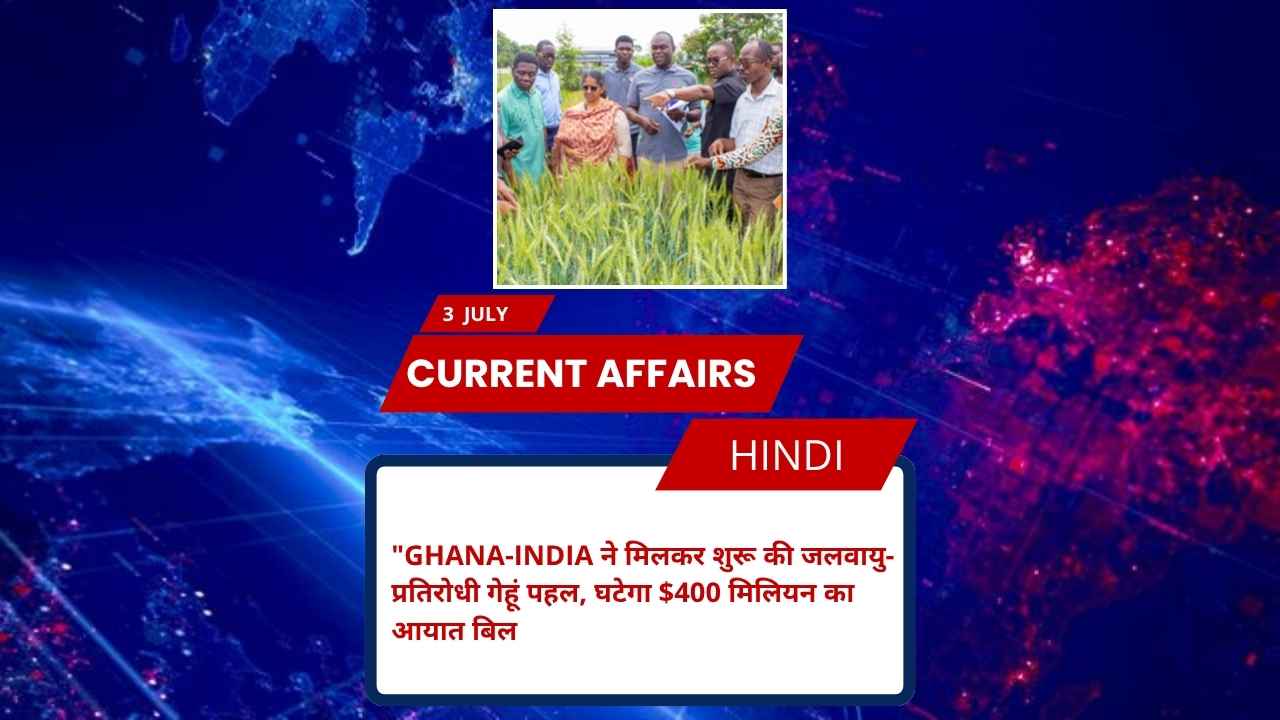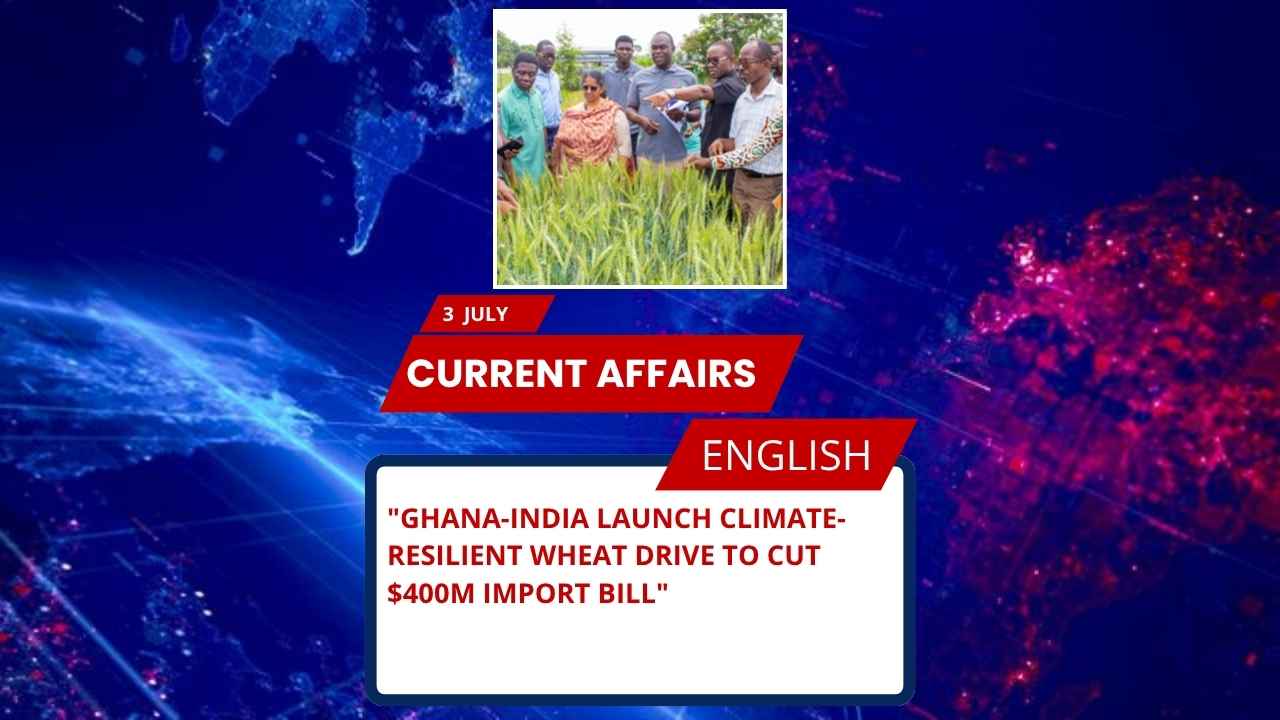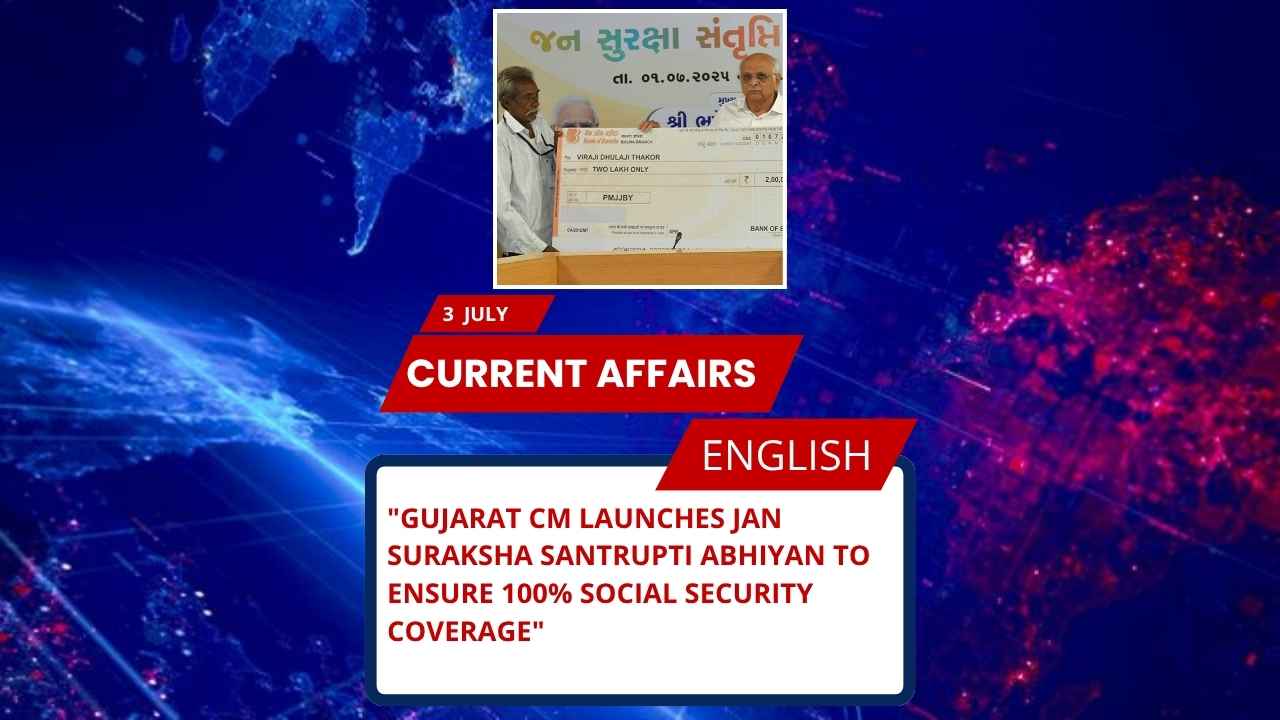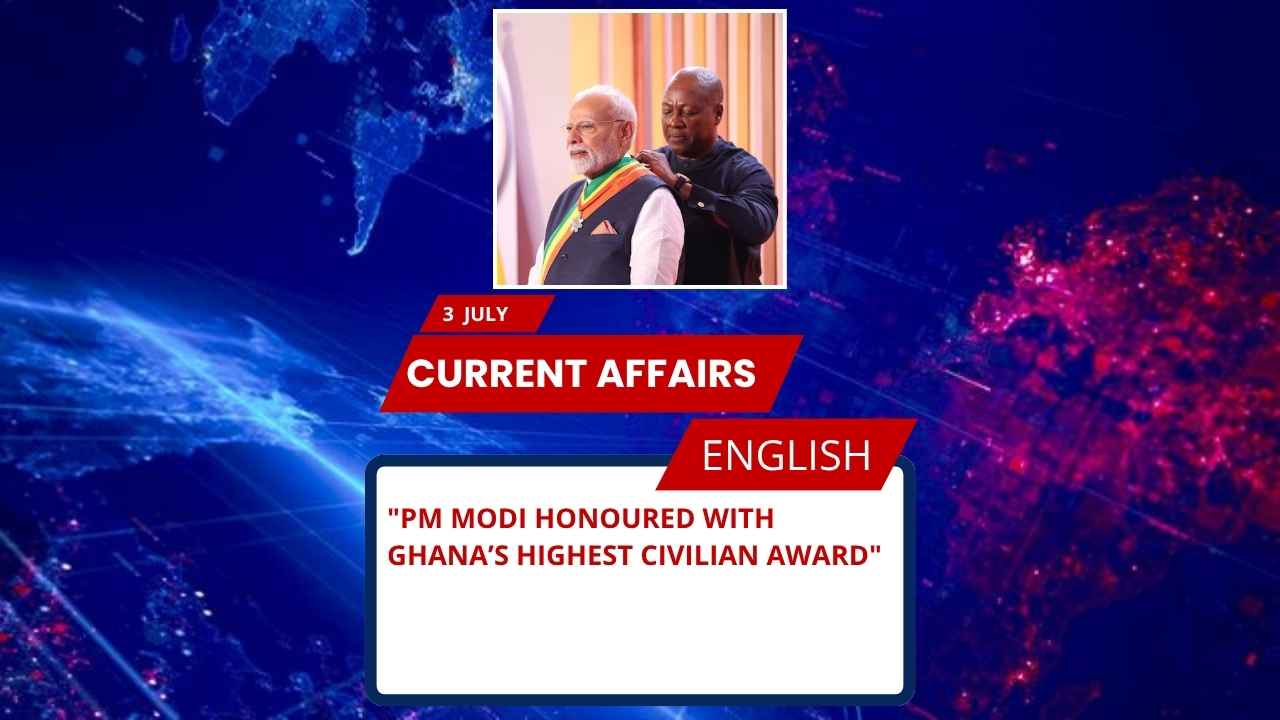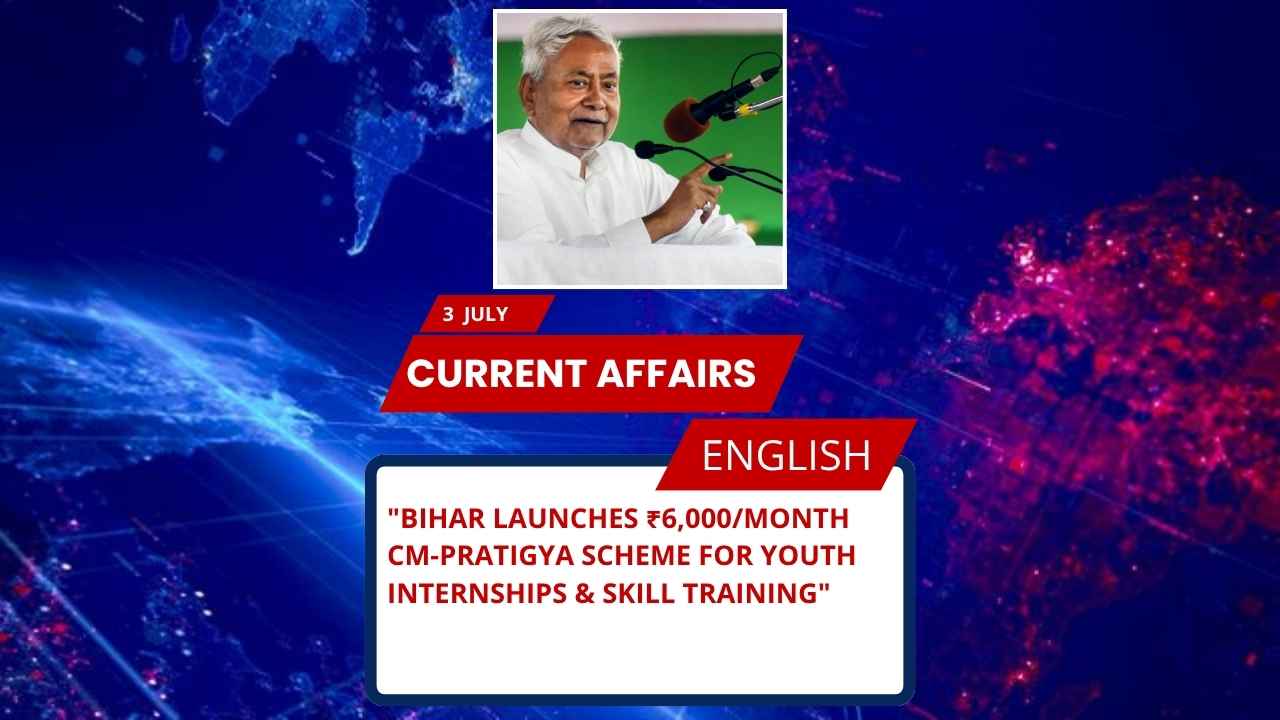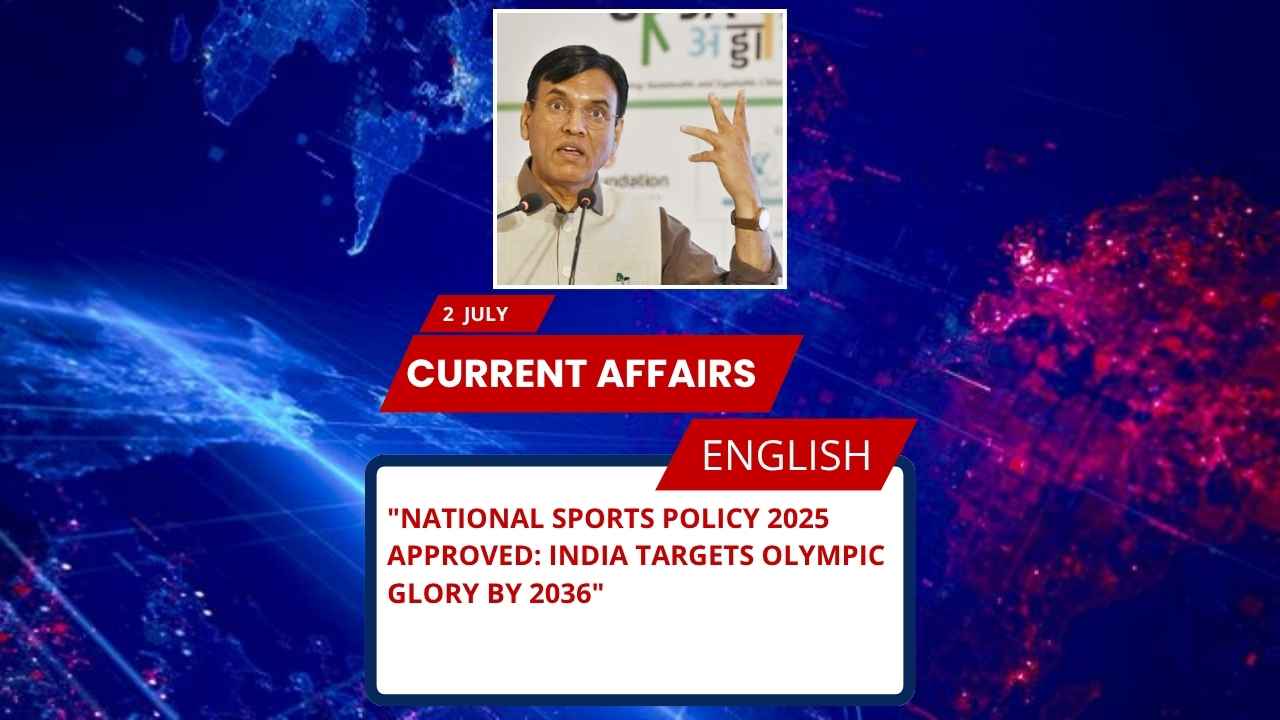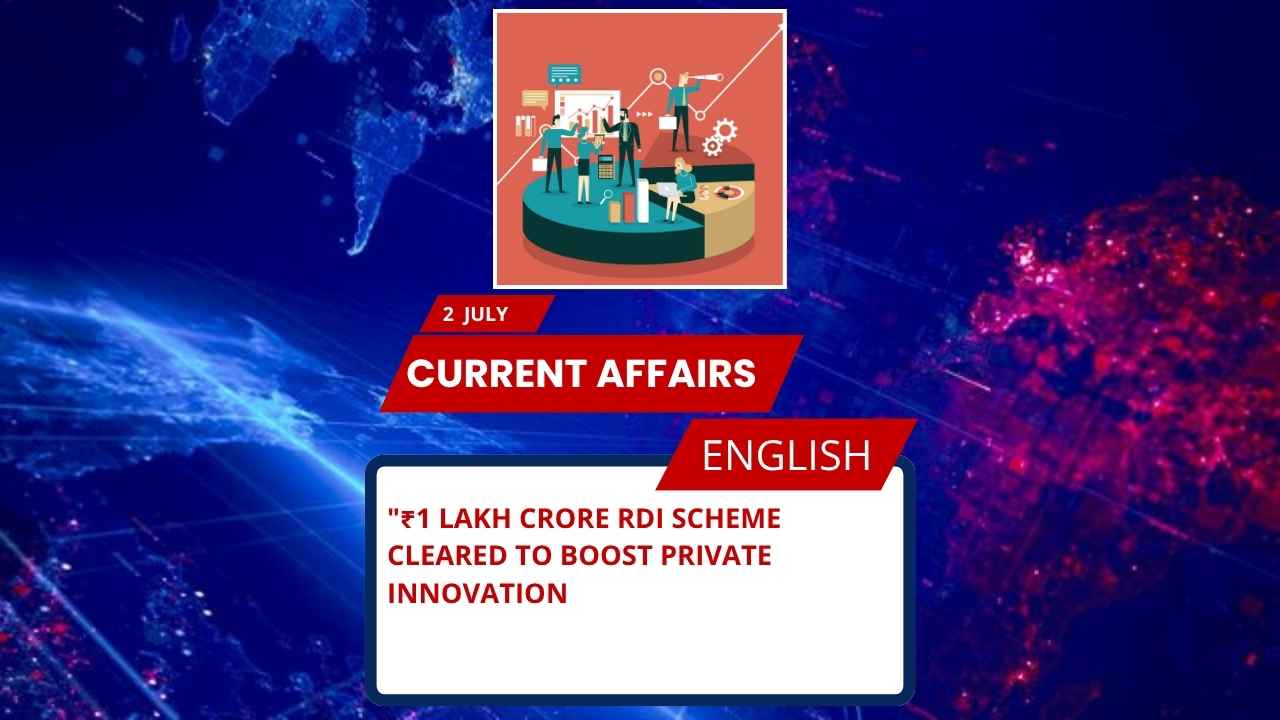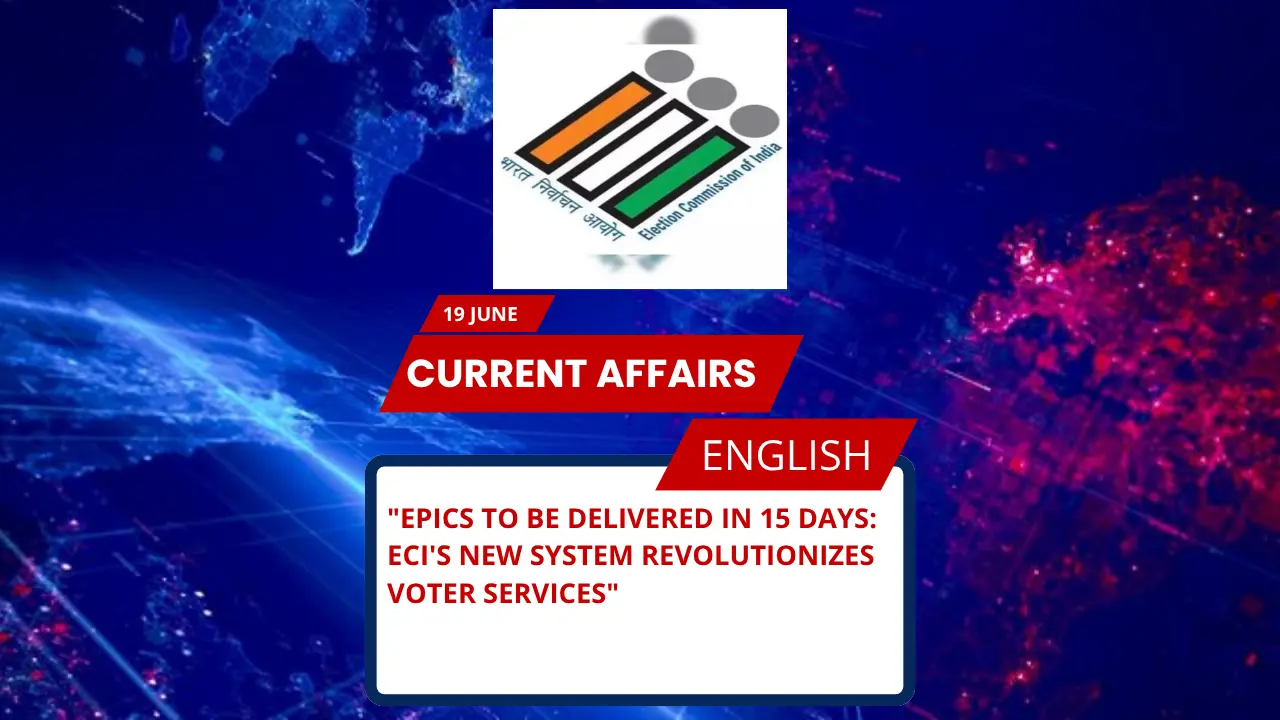
Key Points for SSC, UPSC & Other Exams
- EPICs (Elector Photo Identity Cards) will now be delivered within 15 days.
- The Election Commission has introduced a new SOP for faster EPIC issuance.
- Real-time tracking enabled from generation to delivery.
- Electors will receive SMS updates at every stage.
- Applies to both new enrollments and changes in existing details.
- Aim: Enhance service delivery without compromising data security.
ECI Fast-Tracks EPIC Delivery to Just 15 Days
In a move to enhance voter convenience and streamline electoral services, the Election Commission of India (ECI) has announced a major update in the issuance of Elector Photo Identity Cards (EPICs). Under this initiative, EPICs will now be delivered to voters within 15 days of enrollment or modification in electoral records.
This update is part of a new Standard Operating Procedure (SOP) introduced by the Commission, with a goal to ensure quick, efficient, and secure delivery of voter identity cards.
What’s New in the ECI’s EPIC Delivery System?
Real-Time Tracking Mechanism
The new system ensures that every step in the EPIC delivery process—from generation by the Electoral Registration Officer (ERO) to the final delivery to the voter—is monitored in real-time.
SMS Alerts for Electors
Voters will be notified at every key stage through SMS alerts, ensuring transparency and engagement.
Applicable Scenarios
- New voter registrations
- Corrections in voter details
- Shifting of constituency or address update
Key Highlights of the ECI Initiative
- Implementation Agency: Election Commission of India (ECI)
- Type of Document: EPIC – Elector Photo Identity Card
- Delivery Timeframe: Within 15 days of roll update
- Mode of Notification: SMS-based real-time updates
- Data Security: Ensured throughout the process
About the Election Commission of India (ECI)
- Founded: January 25, 1950
- Type: Constitutional body
- Function: Conducts elections for Lok Sabha, Rajya Sabha, and State Legislatures; also for the offices of the President and Vice President of India
- Chief Election Commissioner (2025): Rajiv Kumar
- Headquarters: New Delhi
Possible MCQs for Exams
Static GK Related to the Election Commission of India (ECI)
- Founded: 25 January 1950
- Headquarters: New Delhi
- Current CEC (2025): Rajiv Kumar
- Election Commission Composition: 1 Chief Election Commissioner and 2 Election Commissioners
Exam-Oriented MCQs
1. Under the ECI’s new system, electors will receive their EPIC within how many days?
A. 7 days
B. 10 days
C. 15 days
D. 30 days
Answer: C. 15 days
2. Which of the following features is included in ECI’s new EPIC delivery mechanism?
A. OTP-based delivery
B. Real-time tracking and SMS notifications
C. Home verification by police
D. Biometric verification by UIDAI
Answer: B. Real-time tracking and SMS notifications
3. EPIC is issued by which of the following bodies?
A. UIDAI
B. Ministry of Home Affairs
C. Election Commission of India
D. Registrar General of India
Answer: C. Election Commission of India
4. Who generates EPIC in the new system?
A. Booth Level Officer
B. Electoral Registration Officer
C. Chief Electoral Officer
D. District Magistrate
Answer: B. Electoral Registration Officer
UPSC-Style FAQs with Answer Writing Format
Q1: What is the significance of the ECI’s new 15-day EPIC delivery system in the context of electoral reforms in India?
Answer:
The Election Commission of India’s move to deliver Elector Photo Identity Cards (EPICs) within 15 days marks a significant electoral reform aimed at enhancing administrative efficiency and voter convenience. This reform reduces the waiting time for voters and introduces real-time tracking, a first-of-its-kind initiative in election services.
By ensuring timely delivery and transparency via SMS alerts, the Commission is working towards a citizen-centric model that increases trust in democratic processes. Furthermore, this reform is aligned with the larger goal of digital governance and can be seen as a step toward the Digital India initiative, where public service delivery is fast, efficient, and secure.
Q2: How does real-time tracking in EPIC delivery enhance electoral transparency and accountability?
Answer:
Real-time tracking allows both the Election Commission and the voter to monitor the status of the EPIC at every stage—application, generation, dispatch, and delivery. This introduces transparency into a previously opaque process, minimizing possibilities of delay, miscommunication, or corruption.
The inclusion of SMS notifications for electors further ensures accountability, as the system provides timely updates and proof of progress. This not only builds voter confidence but also encourages more citizens to participate in the electoral process.
Q3: Discuss the role of technology in improving electoral services in India with reference to ECI’s latest EPIC issuance reform.
Answer:
Technology plays a pivotal role in strengthening democratic frameworks by improving access, efficiency, and transparency. The Election Commission’s latest initiative to deliver EPICs within 15 days using a tech-enabled SOP is a strong example.
Key technological features such as real-time tracking, automated updates, and data integration systems ensure that the process is smooth and secure. These enhancements reduce manual intervention, mitigate errors, and ensure timely delivery of voter IDs, directly impacting voter engagement and inclusivity.
Q4: Evaluate how ECI’s new Standard Operating Procedure for EPIC delivery aligns with the objectives of good governance.
Answer:
Good governance is characterized by transparency, accountability, efficiency, and responsiveness—all of which are achieved through ECI’s new EPIC delivery SOP. The faster timeline (15 days) ensures responsiveness, real-time tracking provides transparency, and SMS notifications establish accountability to the voter.
By minimizing bureaucracy and leveraging automation, the ECI showcases how institutional reforms can directly empower citizens and bolster democratic trust. This initiative reflects the principles of e-governance and supports India’s broader policy goals under programs like Digital India and Minimum Government, Maximum Governance.

